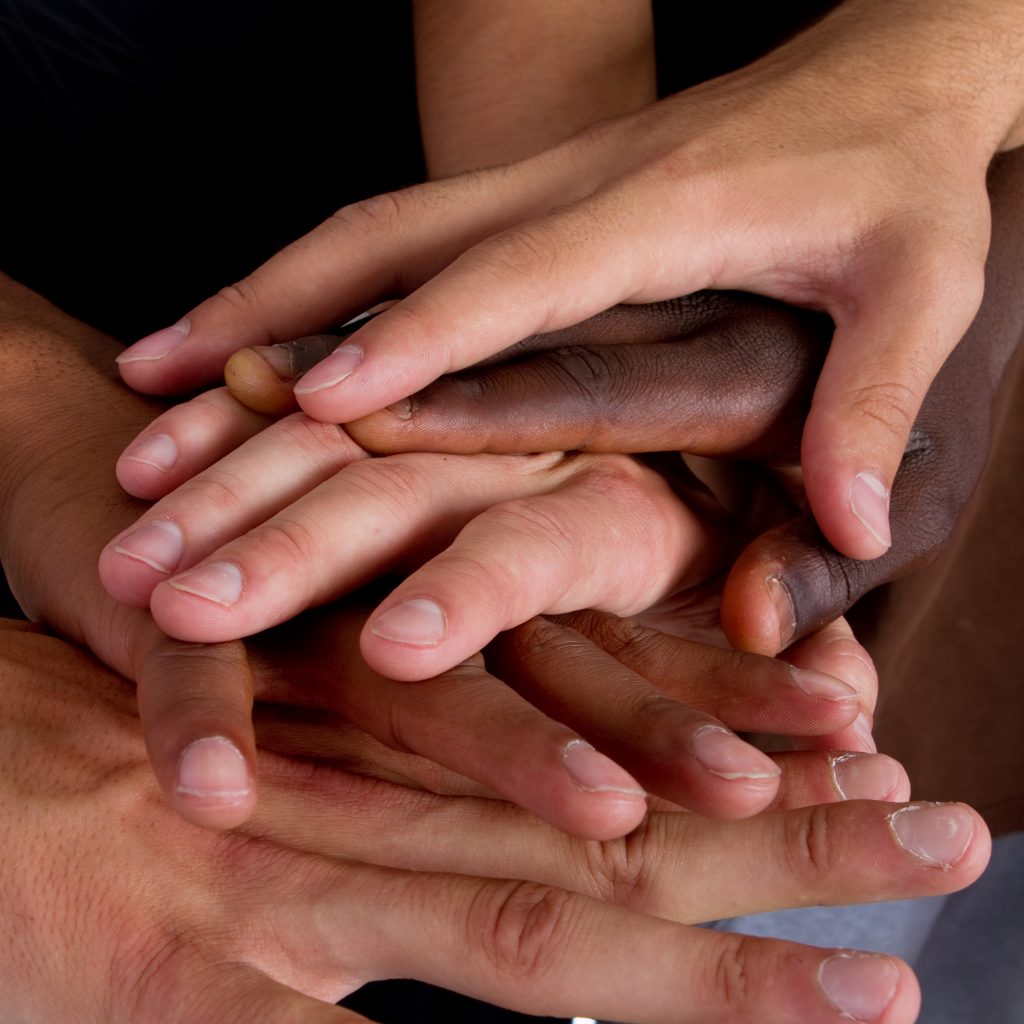The death of George Floyd has sparked civil rights protests around the world and obliged people to consider questions of racism in their respective societies. Here, Joy-Tendai Kangere and Niamh O’Reilly of Ireland’s national adult learning organization, AONTAS, reflect on the role of adult education as a process for anti-racism

Adult, and particularly community, education is intrinsically linked to social justice movements. As we consider the potential of education as a practice of freedom that strives for social change and a more equal society, what is our role in civil society and the adult learning community at this time? When racial injustices damage the social contract, sparking mass protests, how can we contribute to anti-racism? We have a role to play, and as bell hooks, the influential educationalist and feminist activist states in her 1996 book Killing Rage: Ending Racism, ‘All our silences in the face of racist assault are acts of complicity’.
How do we create a society in which we question dominant racist views, as well as sexist, homophobic and all ‘Othering’ discourses that serve only to dehumanize, a society where everyone listens and seeks to understand each other, where we strive for solidarity and social justice? Adult education grapples with these questions and seeks to create dialogical learning experiences, questioning inequalities, building capacity to critically think, question, understand, reflect and act. We in adult education are acutely aware of the power dynamics in the education process between tutor and learner, and the flattening of such in a community education context, whereby the lived experience of the learner contributes to the learning process. As more eloquently described by one learner as ‘bringing us to the course’, it is more than an acknowledgement of the lived experience; it questions what knowledge is valued. Continue reading
